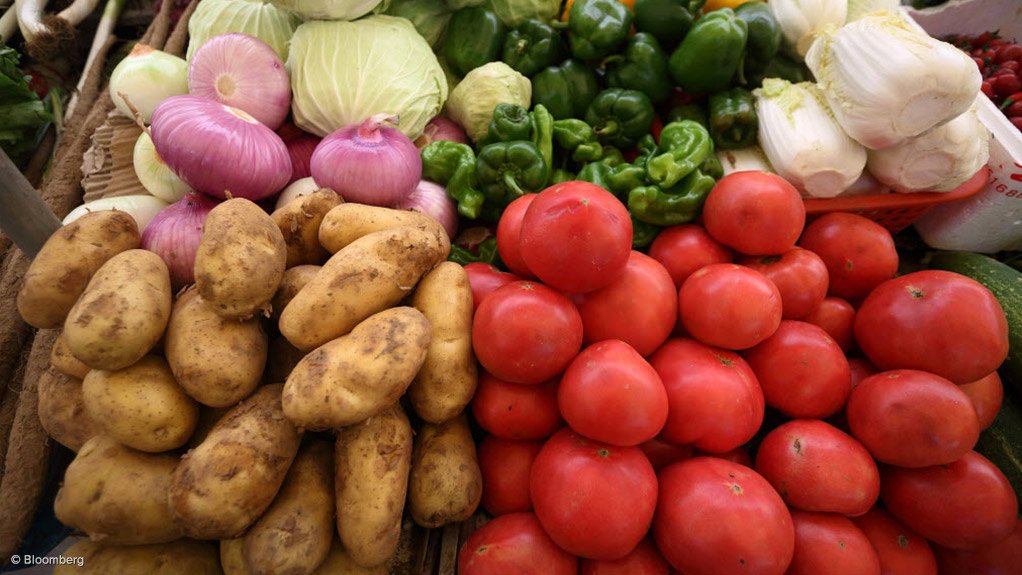Despite South Africa being food secure on a national level and the country being the largest agricultural exporter on the continent, access to food is variable and unequal from a household point of view, says FNB Business agriculture information and marketing head Dawie Maree.
Food security surveys in South Africa find that, on a yearly basis, a proportion of households in South Africa experience moderate to severe food insecurity, with estimates finding 15.8% of households were food insecure in 2019, 16.2% in 2022 and 19.7% in 2023.
Maree explains that the country’s ability to increase food availability and access at a household level is inextricably linked to the level of economic growth.
“We have made progress in addressing the issue directly through household grants, school feeding schemes and other social support initiatives; however, the fact remains that South Africa’s population is growing more quickly than its economy and real incomes are diminishing as a result,” he adds.
Maree believes addressing food security will depend on a myriad of complex interrelated issues, including coordinated efforts of public and private organisations and institutions.
It will require intelligent, far-sighted policymaking, ecological considerations and a reckoning with our land restitution programmes.
South Africa faces critical challenges from a supply side, including available water and water quality, as well as industrial activity encroaching on agricultural land. On the demand side, there are challenges of unemployment, poverty and inequality.
Maree says South Africa must continue to improve food security by expanding agricultural production and job creation across various economic sectors.
“Key actions include expanding agricultural activity in former homelands and government land, releasing government-purchased land with title deeds to beneficiaries, implementing effective blended finance schemes and increasing government investment in critical infrastructure such as water, electricity, roads, ports and laboratories.”
Maree emphasises the importance of the private sector playing its part to offer financing and other means of support to small-scale and commercial farmers alike.
As South Africa heads the G20 this year, stakeholders have the opportunity to address food security not just as a domestic concern but as a model for sustainable development across the African continent.
Food security in many ways encapsulates the complexity and ramifications of a deeply interconnected world economy that is being tested in an unprecedented way.
“Food security cuts to the heart of many of the most pressing and contentious challenges facing the world today, including protectionism, trade, land claims, water scarcity, climate change, poverty and inequality.”
As more G20 and B20 forums progress, Maree stresses the necessity of reimagining agricultural systems to be more resilient, equitable and adaptive to uncertainty.
It also means acknowledging that food security is not merely about production volumes but about ensuring that every South African household is able to consistently afford and access nutritious food.
EMAIL THIS ARTICLE SAVE THIS ARTICLE ARTICLE ENQUIRY FEEDBACK
To subscribe email subscriptions@creamermedia.co.za or click here
To advertise email advertising@creamermedia.co.za or click here











